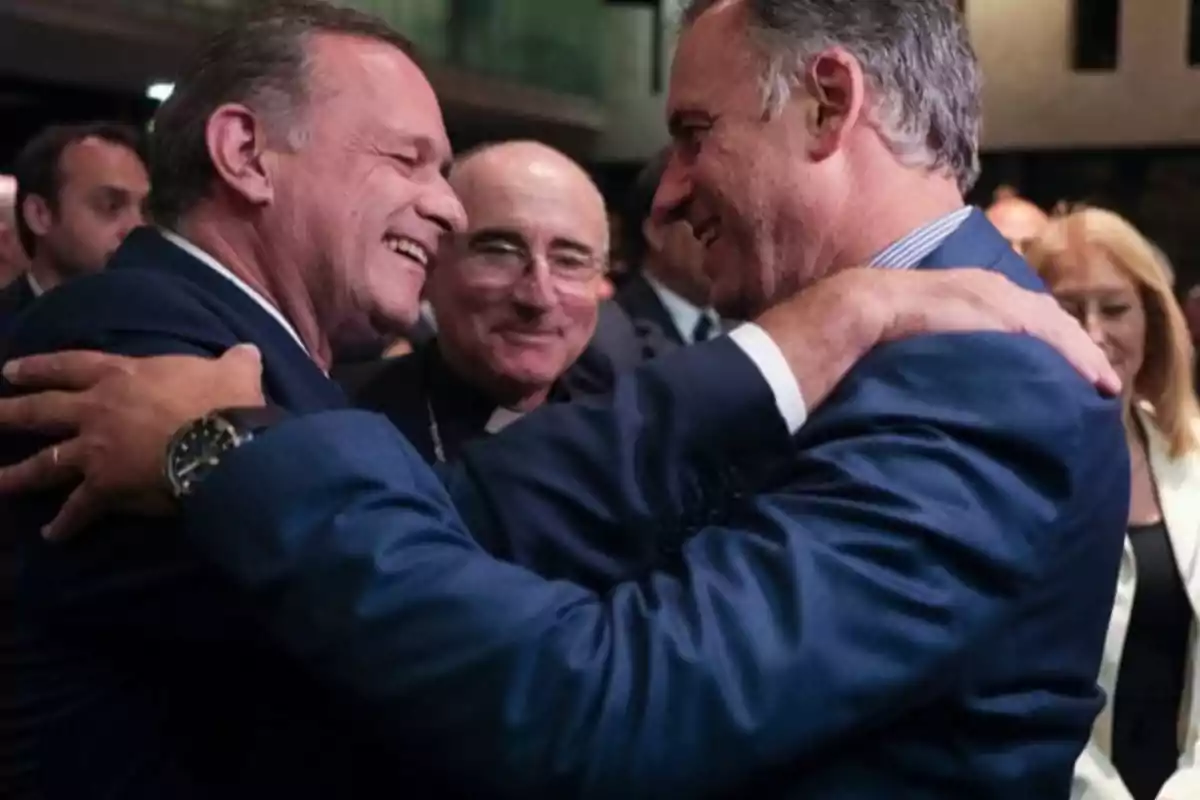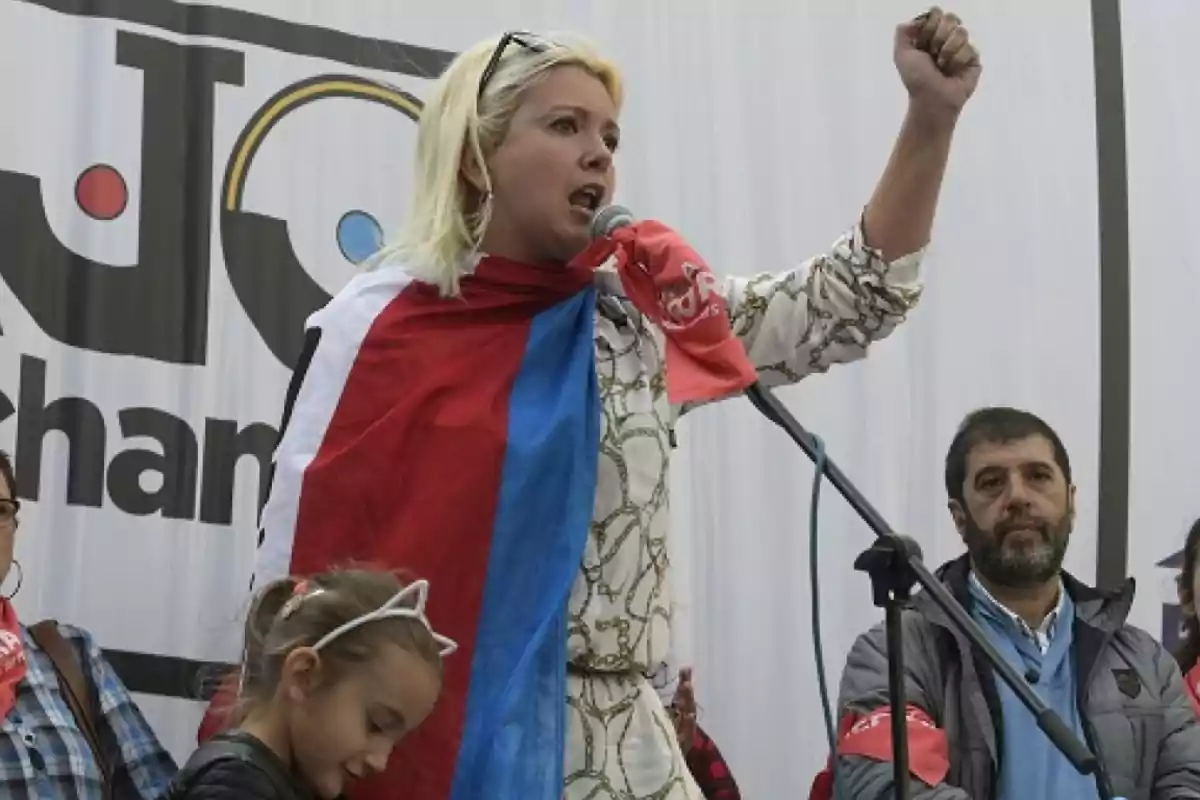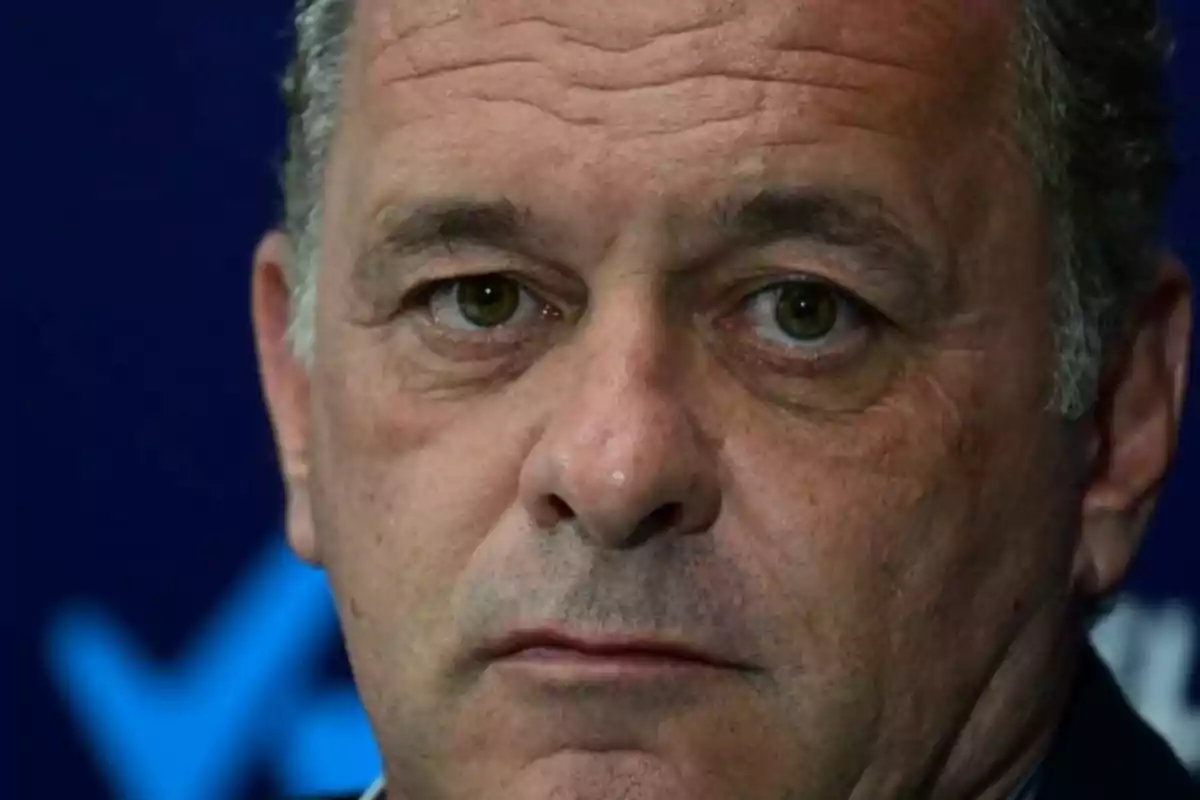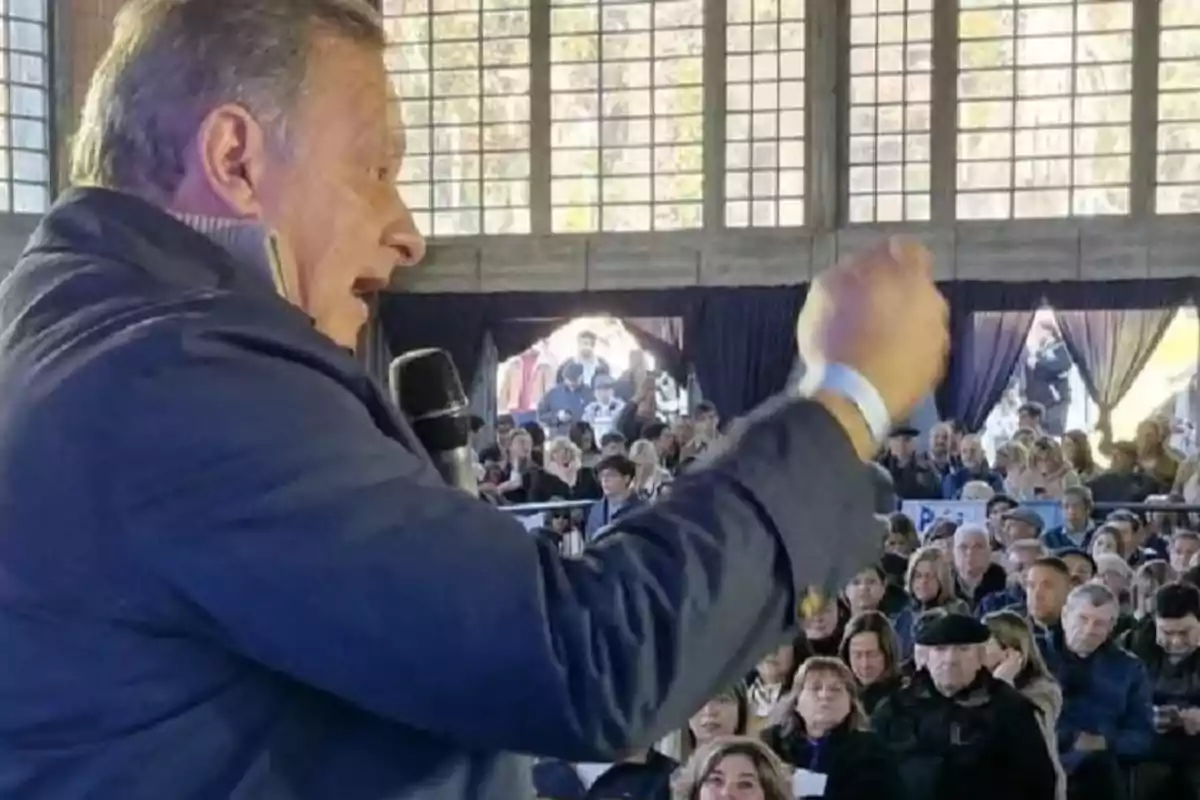
Crisis in the National Party due to leftist ideologies
The founding party of Uruguay is between a rock and a hard place
"Set of essential ideas that characterize the thinking of a person, a group, or an era, of a cultural, religious, or political movement, etc." Definition of ideology, Real Academia Española.
Ideological crisis
Based on the events that have occurred since the last 2024 electoral campaign, the boos, the internal criticism, the performance of the candidates, and the electoral defeat of the Partido Nacional itself. Events that are symptoms of an illness, which during electoral moments overflow due to their severity and become visible. These events are merely superficial, but the root of this problem is not recent, and from my point of view, the problem is ideological.
Representation crisis
The root of the problem lies in proposing, communicating, and attempting to convey the same programmatic content as Frente Amplio, in search of a left-wing or center-left electorate, which is not going to migrate to Partido Nacional, no matter how many gestures and dialoguing consensuses are made; the left-wing voter prefers to vote for the original, not the copy.
You may also be interested in...
It seems that the right path is the ABC of politics, convincing people that one has other, different, and better ideas for the country, not joining the opposing discourse in search of a non-existent electoral gain.
Many white voters, in many cases, today do not find representation in Partido Nacional, since there is no right-wing sector in the party, nor a clearly progressive one, in a homogeneous way and that assumes itself as such. They find comfort in a bland, gray center, and as Álvaro Delgado said, "without ideology," proud of his lack of courage, as well as of ideas.

At a traditional level, herrerismo, wilsonismo, and the ideological currents are completely blurred. Many of the sectors have an eagerness for supposed ideological breadth, which is only reflected, for example, in the crude distribution of positions to left-wing leaders, such as Valeria Ripoll, leaving out in that supposed breadth the right-wing voters, or those from the interior who do not feel represented. And silencing leaders with a traditionalist, liberal, or conservative discourse, as well as those who have a critical view in this regard.
You may also be interested in...
A party that historically had organized, clear ideological sectors, even beyond the traditional left and right, but with a set of organizing principles. Today it appears empty of ideological content, and as a result, a large part of the white electorate doesn't feel represented.
Loss of values
The struggle for positions seems to be the only concern, it becomes evident, without concealment and negotiating with other parties on many occasions. The historical rebelliousness in the leadership has been lost, and those who share this view prefer to remain complicitly silent to protect their own interests and their positions.
Several top leaders can be seen stating that they are not allowed to speak, not allowed to say what they think, in the party of free men, in the party where its only leader, Lacalle Pou, asked at the last convention, "Since when is it a gag party?"
Also recalling the presence of rebelliousness since its youth, another value that, as stated, seems absent, even from the party's own youth, which should be the standard-bearer of rebelliousness. Only servility toward the old leaders and fear of raising one's voice or disagreeing is seen, often out of fear of losing the possibility of a position.

A total centralism is also observed, topics are dictated from the groups, the discourse is imposed, and communication is cold and outdated. This communication is permeated by content from foreign agendas, international agendas that are incorporated without analysis, seeming to go against the anti-imperialism so characteristic of Partido Nacional, which today doesn't hesitate to assume international commitments and strictly follow the themes of the 2030 agenda with its globalist project.
You may also be interested in...
The famous cultural battle is lost by not fighting at all, and by handling the same topics, the axes of discussion, even the language, which always leaves Partido Nacional on the ideological margin that is convenient for Frente Amplio.
Loss of identity
As a consequence of what was previously stated, of the political context without ideology, of politicians who every day want to resemble each other more and also due to the deliberate dilution of the traditional parties in the coalition, there is a serious loss of identity, which in the long term will have electoral consequences, and even more importantly, will also affect the democratic quality due to the weakness of political parties.
The coalition may work as an electoral tool, but that is only possible if the parties do not lose their identity, with clear ideological limits and nuances. Today, efforts continue to destroy the identity of Partido Nacional, and the unification of the political label in its entirety seems inevitable, without conducting a thorough analysis.
Loss of contact with the grassroots
It has already been observed and there are many examples where the leadership did not listen to the party's grassroots. Álvaro Delgado made serious mistakes during the campaign, as his own technical team has already publicly stated, in a report to which I had full access.
He did not listen to the technicians, he did not listen to his fellow leaders, and he did not listen to the grassroots throughout the campaign. Now, in his role as president of Partido Nacional, he again betrayed the trust of the entire party, attempting to assume an inconvenient role in the Senate to maintain his share of power, something he fortunately did not achieve, given the internal pressure.
This loss of contact with the grassroots is dangerous, as it distances politicians from reality and encourages them to make even more inconvenient decisions, since they do not have the ability to listen and correct course, much less to conduct a serious self-criticism.

This self-criticism, which many leaders like Delgado and his sector seek to delay and dilute, to avoid assuming their share of political responsibility, is necessary if the course of defeat is to be changed, as well as to heal a deep wound, self-inflicted in the last election.
It is imperative to recover values, identity, and contact with the grassroots if the intention is to govern again, in order to transform the country's reality and its people.
More posts: